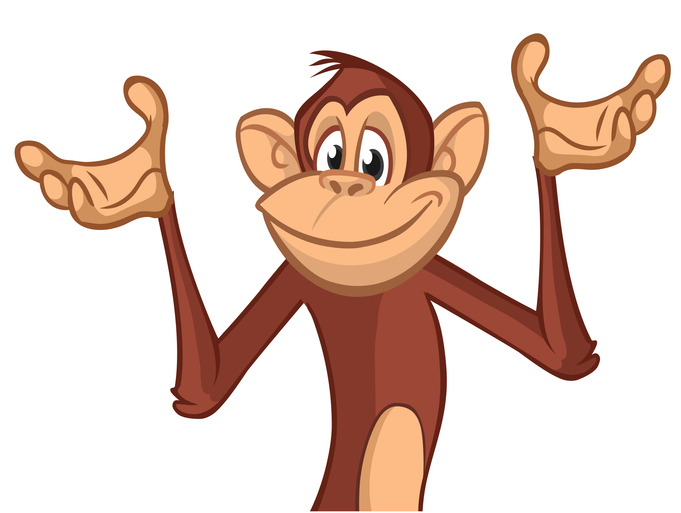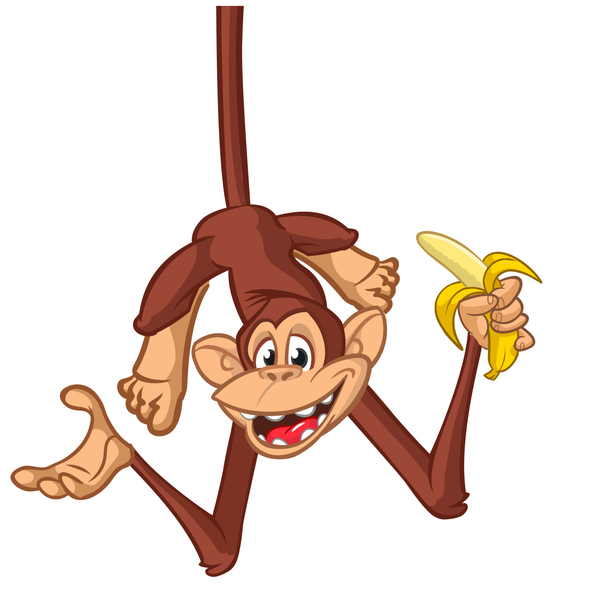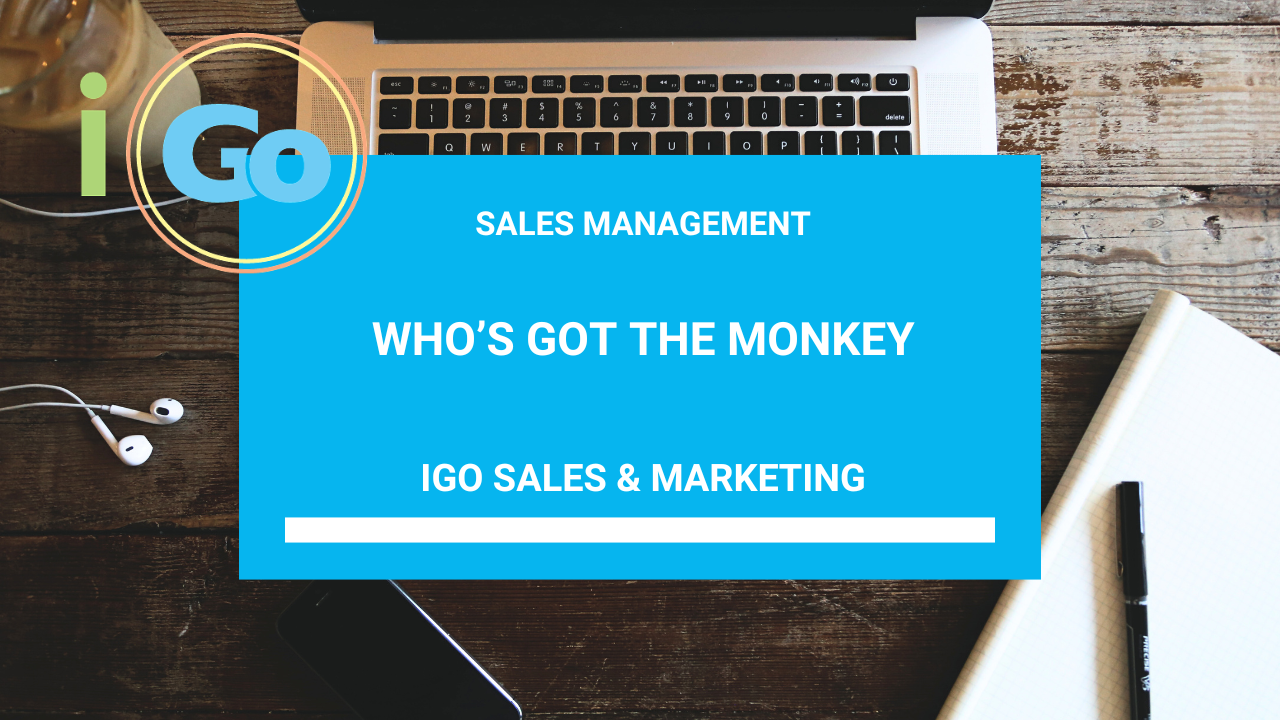The Saturday Afternoon Revelation
I still remember it clearly! It was a Saturday afternoon in the office, buried under a mountain of work while my staff was out golfing. I was a young marketing manager, determined to catch up on my backlog.
That’s when the Sales Manager — a seasoned, quietly wise mentor — slipped a Harvard Business Review article into my inbox on Friday afternoon before he left for the weekend: “Management Time: Who’s Got the Monkey?” by William Oncken and Donald Wass.
I realized it immediately and that article completely changed how I viewed management, delegation, and responsibility from that day on.
The concept was simple but profound: every task, every problem, is a monkey — and that monkey needs care and feeding. Too often, managers let their staff hand them monkeys. Before long, the manager is drowning in other people’s monkeys, staying late to “help,” while the team enjoys their weekend. Sound familiar?
That was me. I was feeding everyone’s monkeys except my own.

The Classic Lesson: Don’t Take Other People’s Monkeys
Oncken’s point was clear: if you want to manage effectively, stop accepting monkeys from your team. When someone brings you a problem, help them take ownership of the next action. Keep the monkey with them.
It’s a timeless lesson in accountability and time management and one that’s still taught in leadership programs today.
The Sales Twist: You Always Want the Monkey
Years later, when I moved into sales, I had an epiphany. The exact same monkey metaphor applied — but in reverse.
In management, you avoid taking on others’ monkeys.
In sales, you should never let the monkey get away.
Here’s why: in sales, the “monkey” represents the next step in the process.
Whoever owns the next step controls the momentum.
- Client owns the monkey:
“I’ll get back to you.” → Translation: You’ll never hear from me again. - Sales rep owns the monkey:
“I’ll send you the proposal on Thursday and call Friday at 10am to review it.” → You stay in control.
It’s a small shift in mindset, but it’s transformational.
The Care and Feeding of Monkeys (CRM Discipline)
Owning the monkey isn’t enough. You have to care for and feed it.
In Oncken’s original article, neglected monkeys starved — a metaphor for tasks left undone. In sales, a “starving monkey” is a deal with no next step, no follow-up, and no momentum.

That’s where CRM comes in. A good CRM is like a monkey-care system:
- Every opportunity has a scheduled next action — call, meeting, or follow-up.
- Each monkey has an owner — a rep who’s accountable for feeding it.
- Automated reminders make sure no monkey gets forgotten.
- Exception reports highlight “orphan monkeys” — deals with no future activity.
A CRM without activity management is like a zoo full of monkeys no one’s feeding. Deals starve, pipelines stagnate, and forecasts lose credibility.
When used properly, CRM keeps the monkeys alive and well-fed:
- Every deal has a monkey.
- Every monkey has a rep.
- Every rep knows when to feed it.
“Where’s the Monkey?”: Coaching and Accountability
Sales managers can use this metaphor as a powerful coaching tool:
- “Where’s the monkey?” → Who owns the next step?
- “Who’s feeding the monkey?” → Is the rep following up as promised?
- “Why is this monkey starving?” → Why hasn’t there been activity on this deal?
It’s a simple, almost humorous way to talk about accountability and follow-through and it’s incredibly effective!
The Benefits of the Monkey Rule for Sales Teams
- Keeps the rep in control of the client relationship.
- Prevents stalled deals and ghosting.
- Builds client trust through proactive ownership.
- Makes pipeline forecasts far more reliable.
- Provides managers with clear, data-driven coaching opportunities.
Conclusion: In Sales, You Want the Monkey

Oncken’s “Who’s Got the Monkey?” taught managers to avoid taking on other people’s problems. In sales, the same principle applies — only flipped.
If your client has the monkey, you’re reacting. If you have the monkey, you’re driving.
With CRM activity tracking and exception reports, you can make sure every deal has a monkey, every monkey has an owner, and every owner knows exactly when to feed it.
If you want to build a sales process where your team always owns the next action — and your CRM keeps every monkey healthy — reach out. At iGo Sales and Marketing, we help businesses turn process discipline into predictable revenue.

